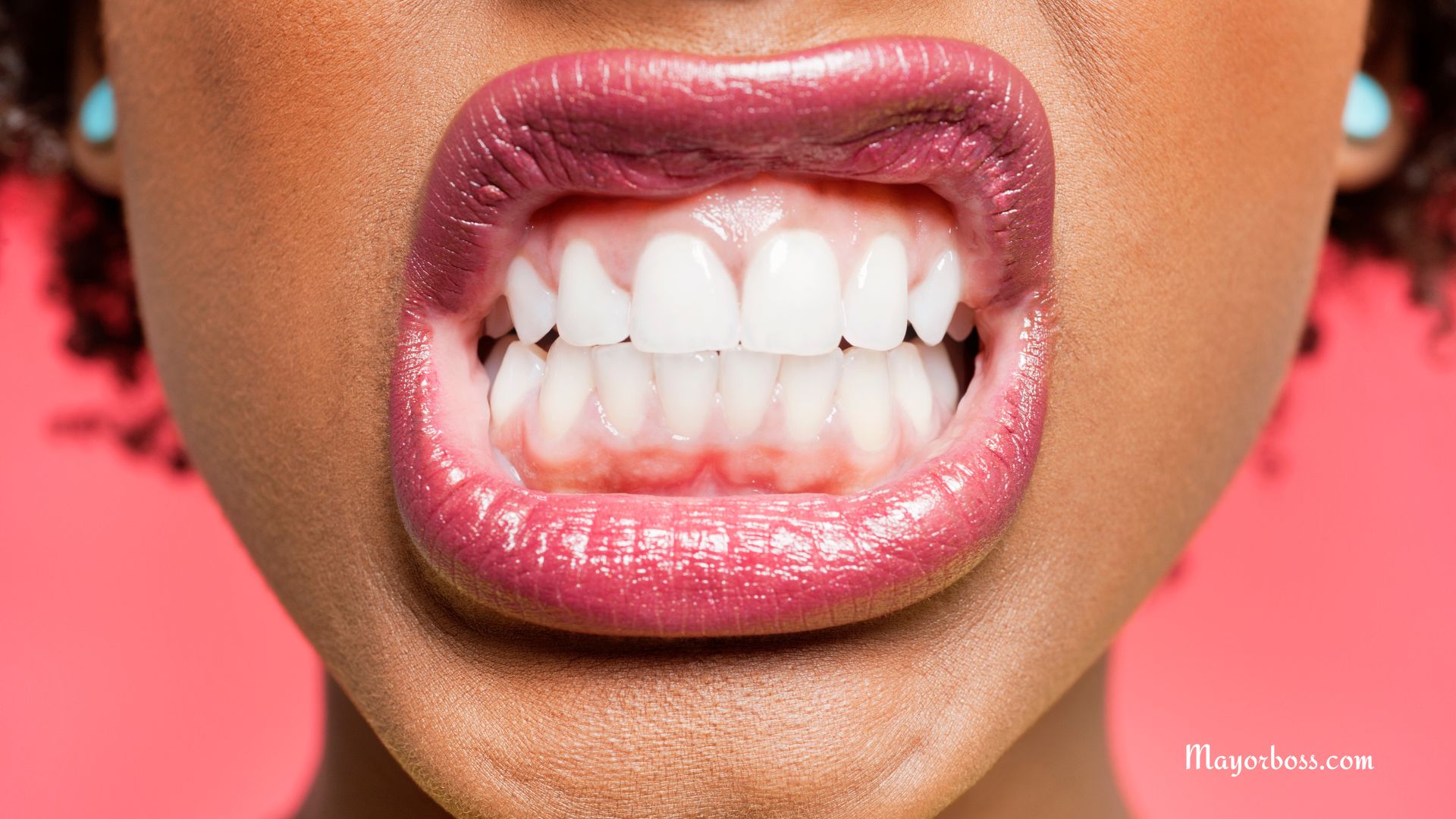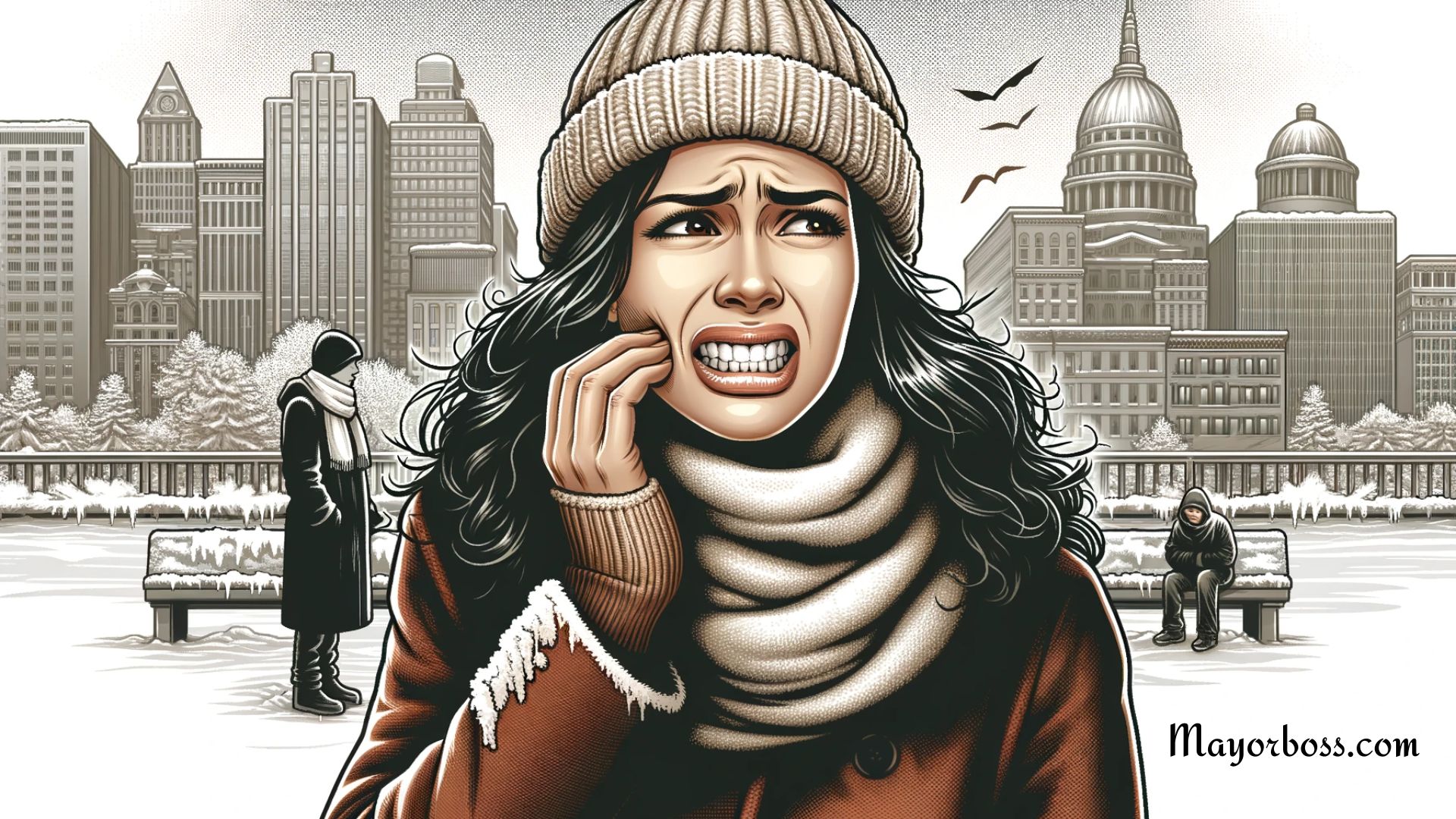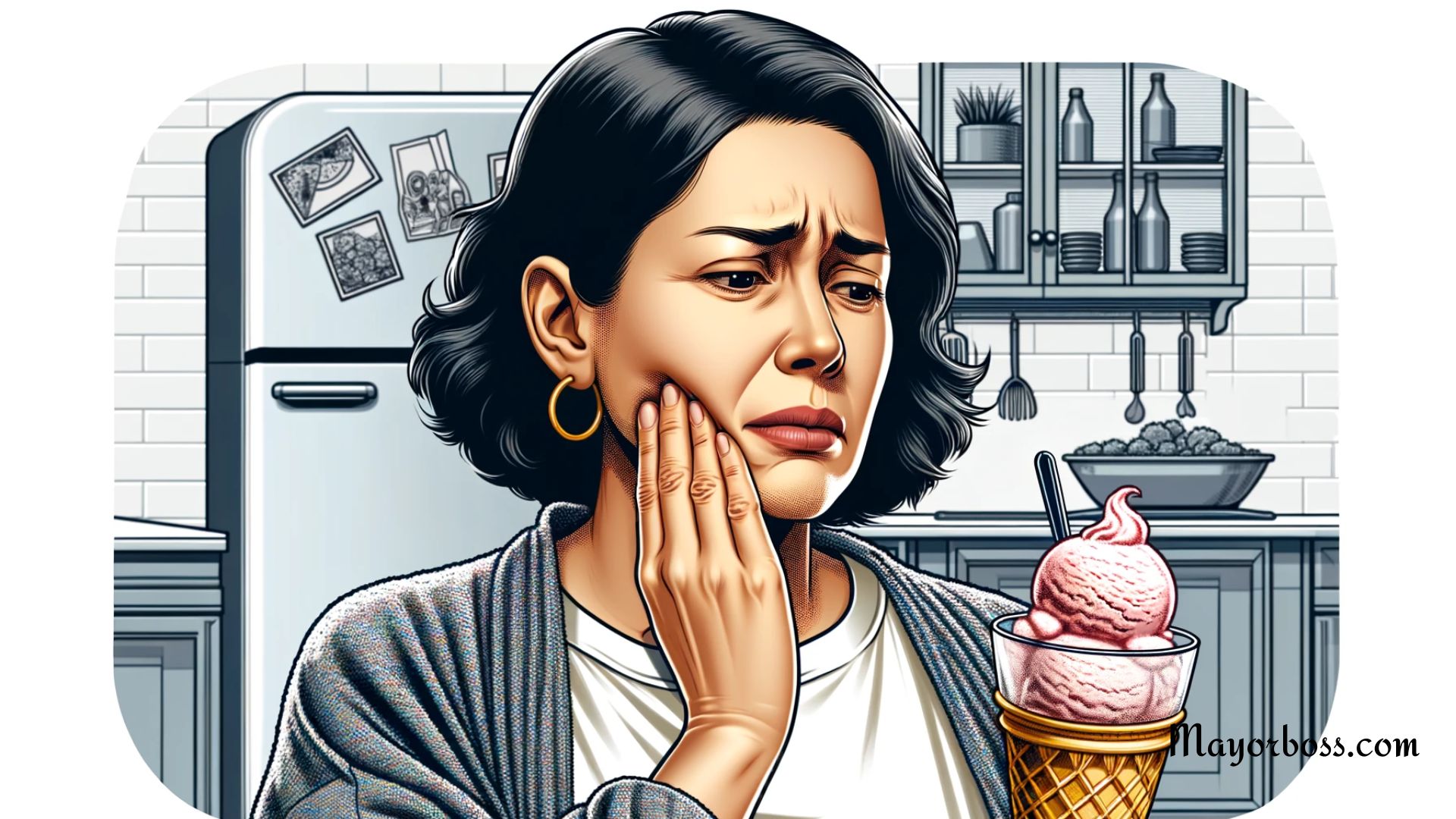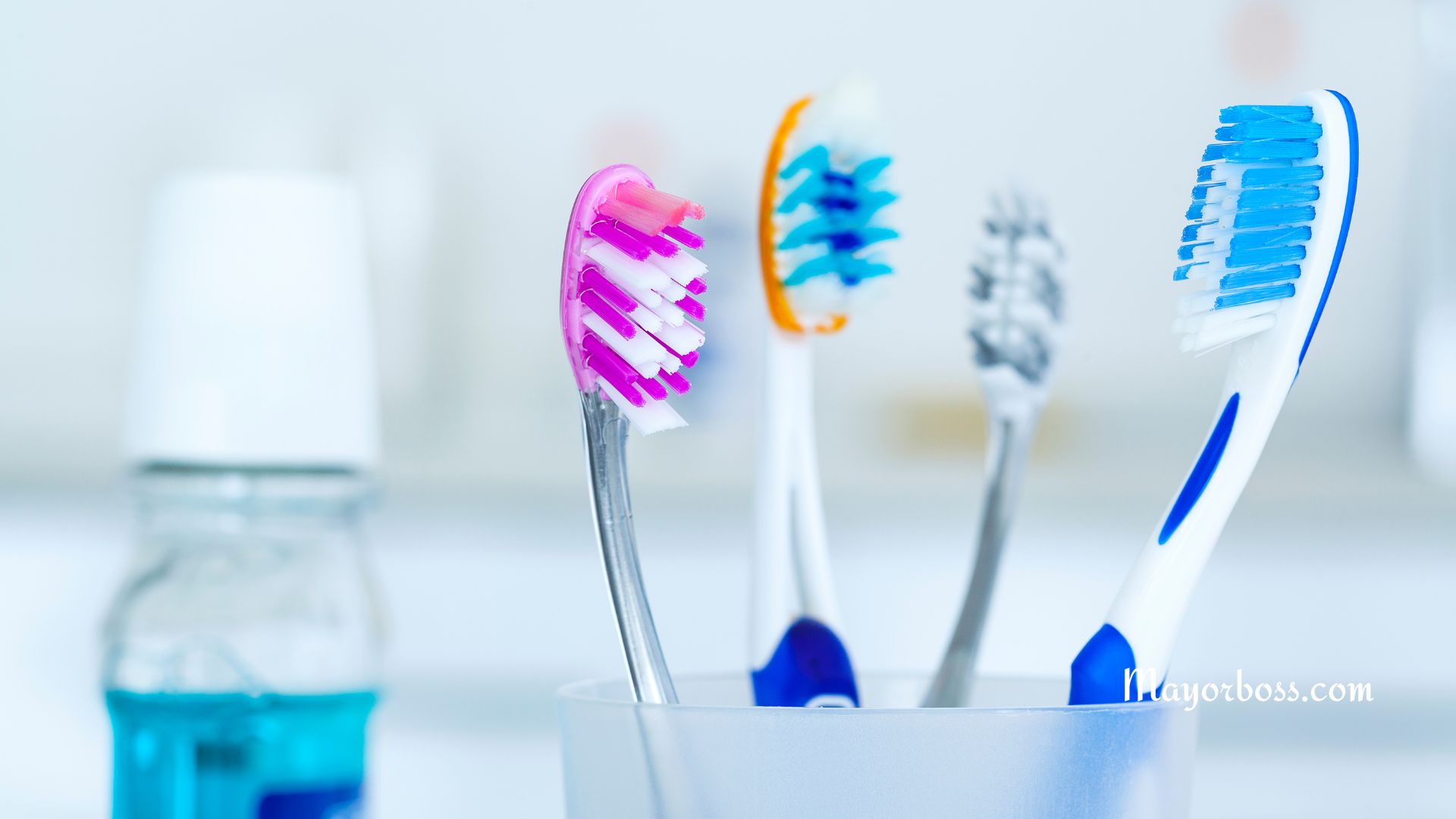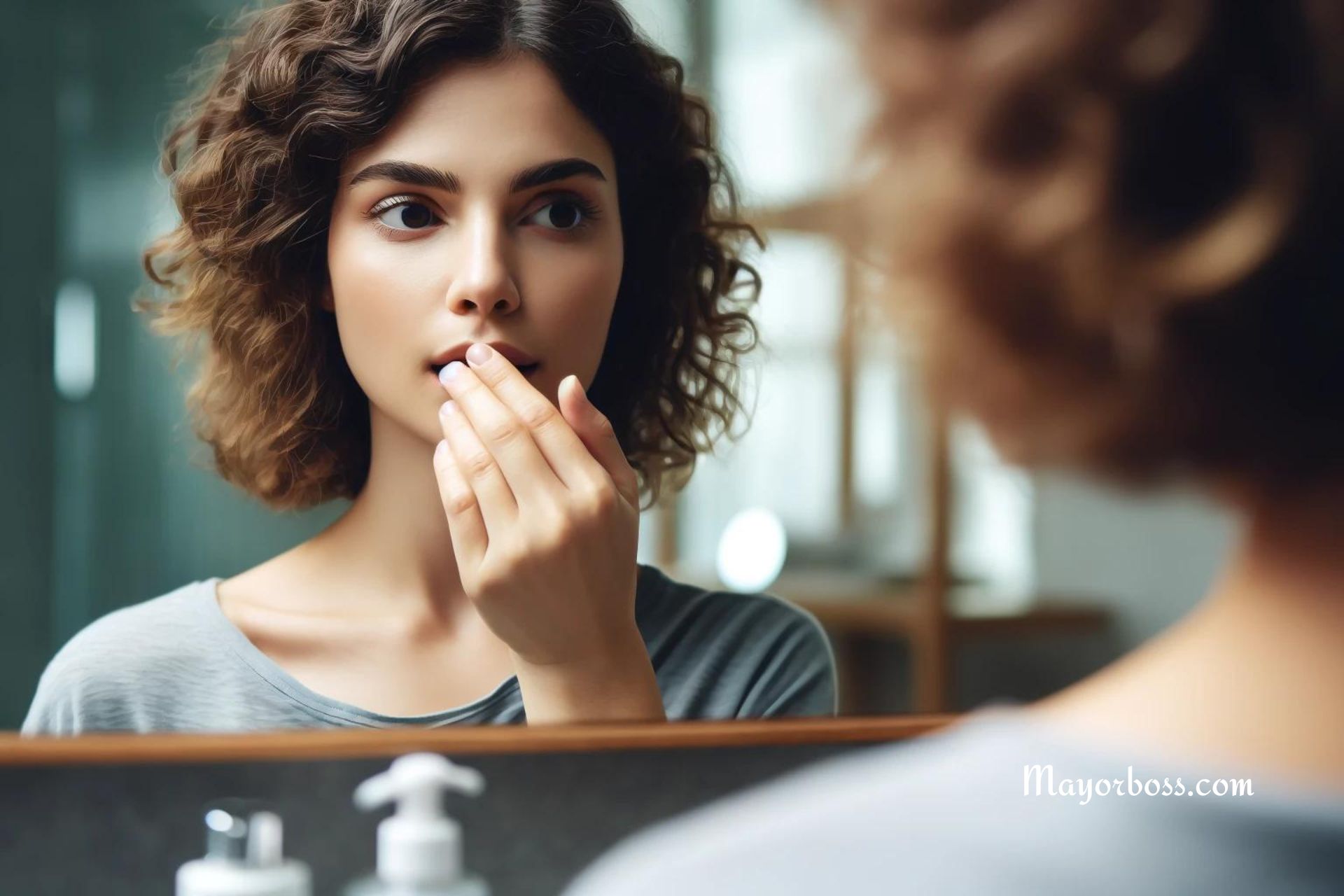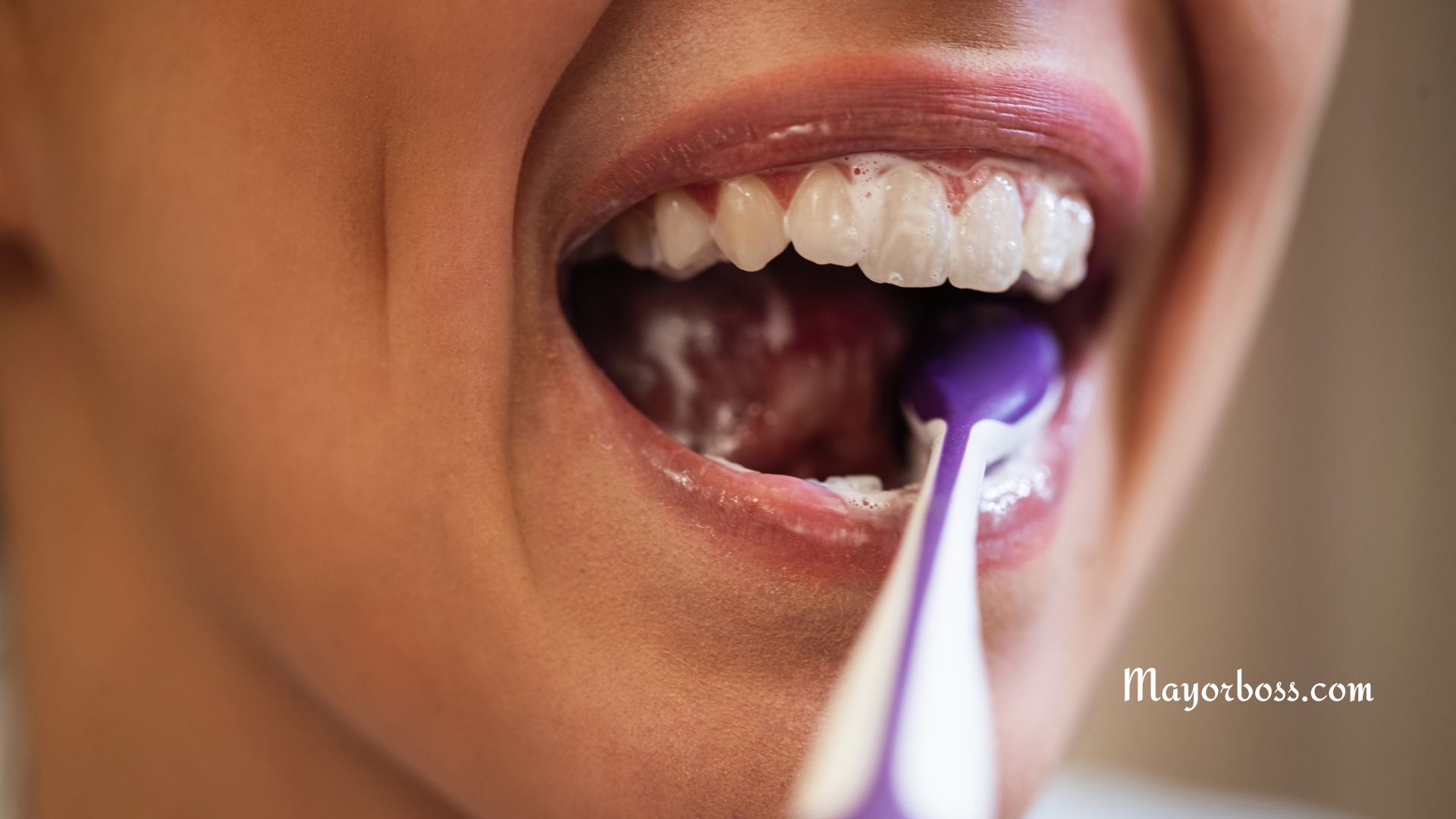Stop Rinsing Your Teeth With Water After Brushing. Here’s Why
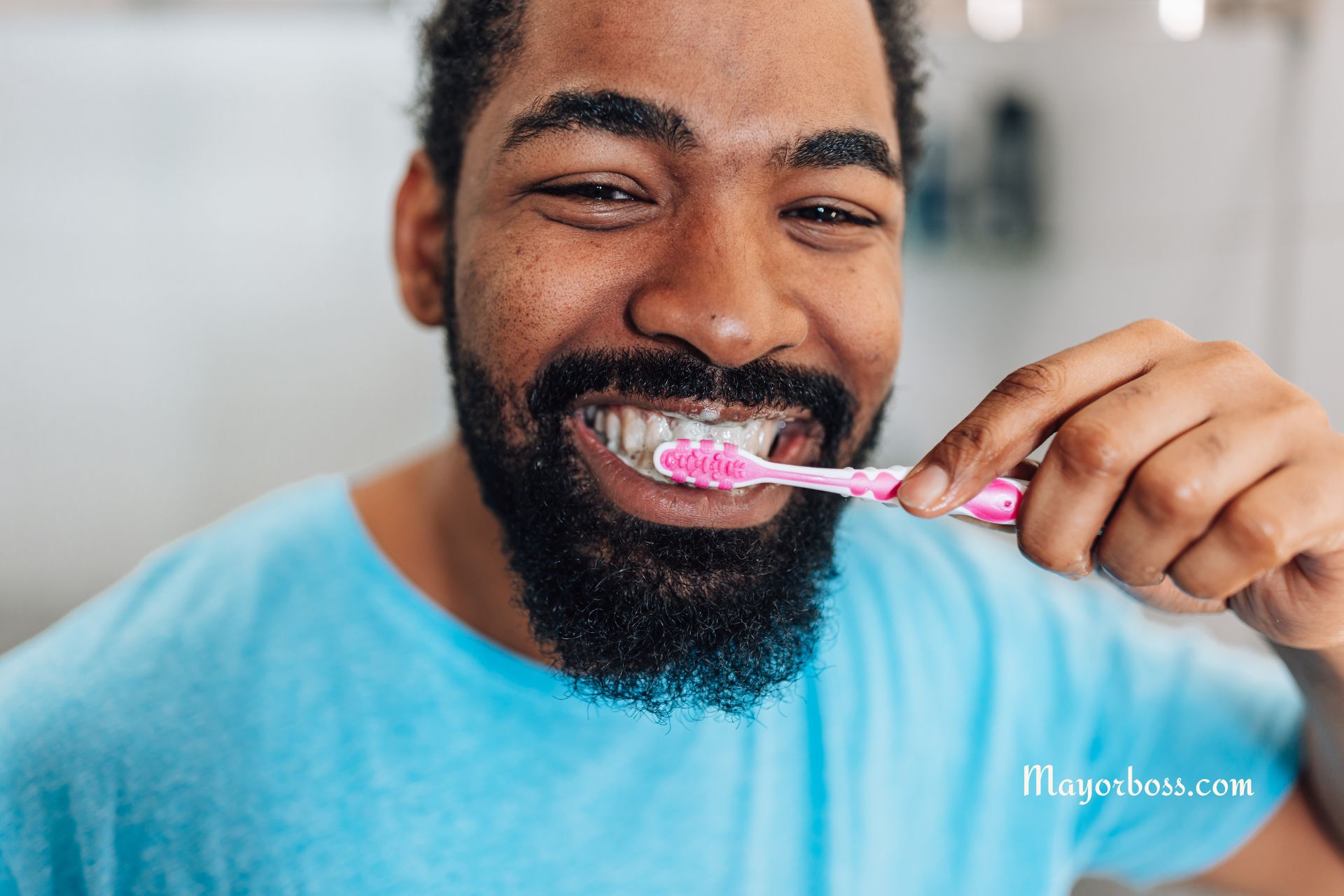
Have you ever brushed your teeth and then immediately rinsed your mouth with water? It’s a common habit, but you might be surprised to learn that this simple act could be diminishing the effectiveness of your oral care routine. Let’s take a closer look at why it might be better to skip the rinse.
Why You Shouldn’t Rinse Right After Brushing
When you brush your teeth, you apply toothpaste, which is rich in fluoride. Fluoride is crucial because it helps to strengthen tooth enamel, thus making your teeth more resistant to decay. But here’s the catch: if you rinse your mouth with water right after brushing, you wash away the concentrated fluoride.
What Happens When You Rinse Immediately?
Rinsing right after brushing washes away the fluoride before it has a chance to work effectively. Fluoride needs time to be absorbed by the enamel and start its protective action. By not rinsing, you allow the fluoride to remain on your teeth longer, providing better protection against cavities.
Benefits of Not Rinsing
- Enhanced Fluoride Effectiveness: Keeping fluoride on your teeth longer means your enamel can absorb more of it, which is beneficial in the fight against tooth decay.
- Long-term Oral Health: Continuous exposure to fluoride with each brushing can lead to stronger, healthier teeth over time.
- Prevents Tooth Decay: Fluoride helps to remineralize and rebuild the tooth structure, preventing decay from penetrating the deeper parts of teeth.
Common Misconceptions
You might wonder if leaving toothpaste in your mouth feels unpleasant or if it could be harmful. It’s quite the opposite, actually. The amount of fluoride left on your teeth after spitting is both safe and beneficial. It continues to fight tooth decay for hours after you’ve finished brushing.
How to Brush Your Teeth Properly
Knowing that you shouldn’t rinse immediately after brushing, you might wonder about the best way to brush your teeth. Here are some simple steps to ensure you are brushing effectively:
- Choose the Right Toothpaste: Make sure your toothpaste contains fluoride.
- Proper Brushing Technique: Use a soft-bristled toothbrush and gently brush your teeth using circular motions. Be sure to brush for at least two minutes.
- Focus on All Surfaces: Brush your teeth’s outer, inner, and chewing surfaces.
- Don’t Forget Your Tongue: Brushing your tongue helps remove bacteria and freshen your breath.
Adjusting Your Routine
If you feel the need to rinse your mouth, try waiting at least 30 minutes after brushing. This delay allows the fluoride more time to act on your teeth. Alternatively, you could use a fluoride mouthwash instead of water for rinsing.
What About Mouthwash?
If you like using mouthwash, it’s a great addition to your oral care routine—but timing is key. Use it at a different time than brushing, such as after meals or before bed. This way, you won’t rinse away the fluoride from your toothpaste and can enjoy the benefits of both.
Frequently Asked Questions
What if I don’t like the taste of toothpaste in my mouth?
If the lingering taste of toothpaste bothers you, consider switching to a different flavor or a less intense formula. There are many varieties available that might be more pleasant for you.
Is it ever okay to rinse immediately after brushing?
It’s best to avoid rinsing right after brushing to maximize fluoride’s benefits. However, if you must rinse, try to wait as long as possible after brushing, or use a fluoride mouthwash as a better alternative.
Can I drink water after brushing my teeth?
Drinking water after brushing does not have the same immediate effect as rinsing your mouth with water. It’s still best to wait a while to drink water, but if you’re thirsty, drinking water is a better option than rinsing.

